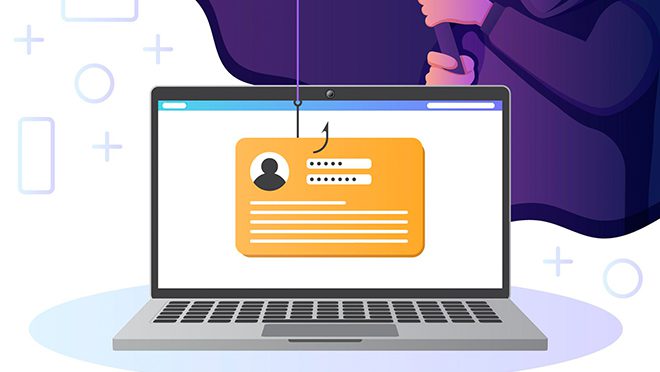As if startups didn’t have enough to contend with given the level of work involved in taking a fledgling business from idea to fruition to functioning company, but new ventures also have to attend to cybersecurity carefully.
Many people believe that cyberattacks are focused on big companies, after all, that’s what is covered in the news headlines. But the truth of the matter is that small companies, including new ones, are just as likely to be attacked by cybercriminals, and perhaps even more so.
According to CNBC, 43 percent of online attacks are deliberately aimed at small companies. The media organization also notes that the average cost of a cyber attack runs at US $200,000. A substantial enough sum that most companies will quickly fold under the financial burden.
Failing to properly secure your startup could mean your business is hit by an attack, becomes liable for data breaches, suffers a severe loss of reputation, and has to close down for good. As business owners know, you have a duty of care to clients, and that duty of care extends to their data.
Taking the right cybersecurity steps, in the beginning, means setting your company up with the best chance of success. With that in mind, here, we go over some of the key threats faced by startups in 2020 and some key strategies to make sure your company is protected.
Table of Contents
Top cybersecurity threats faced by startups
1. Phishing
Phishing is a form of social engineering whereby threat actors attempt to lure unsuspecting staff members into revealing company log-in details, download malware, or otherwise allow hackers access into a company’s systems.

Although not new, phishing remains a serious threat in 2020, hackers continue to use this method precisely because it works. Some security researchers even note that phishing accounts for 90 percent of all data breaches in small companies.
Nowadays, phishing attacks are far more sophisticated than they once were and the lines between fraudulent and legitimate are often blurred and very hard to detect.
2. Malware
Malware represents an ongoing threat that must be countered by all businesses, large or small. Malicious software can enter a company’s systems or devices. This created wreck havoc including, but not limited to: allowing hackers remote access, freezing systems in demand for ransom (ransomware), the theft of client financial data, logging keystrokes to garner login information.


According to the AV-TEST Institute, there are a whopping 350,000 new malware programs released into the digital world every single day.
3. Data breaches
If hackers manage to gain access to your company’s systems, you’re facing a data breach. Note that under international laws, you are potentially liable for any data breach that occurs as a result of poor cybersecurity.


Your company should also be aware that there are strict rules governing when it must disclose a breach and to whom it should report any data theft.
The security measures all companies need
To mitigate the above risks, among others, all startups need the following strategies and tools in their cybersecurity arsenal:
Network protection: downloading a VPN app on the office router is one of the smartest ways of securing the whole company network with VPN encryption and extending that protection to any connected Internet of Things (IoT) devices such as printers.
Enterprise-level firewall: get perimeter security you can bank on by choosing an enterprise-level service.
Email scanners: to avoid any malware or ransomware sneaking into your company devices, look for high-quality email scanning programs. Additionally, ask staff to limit their work email activities to work devices, or to nominate personal devices they use for work stuff. Make sure that the device is covered too.
Antimalware and antivirus: all devices in the office need both programs. Antivirus alone doesn’t suffice.
Internet protection: look into getting proper internet and DNS protection to further protect against any web-based threats and offer an additional layer of security between staff members and unwanted content.
Staff training: create a culture of cybersecurity in your startup, make sure everyone knows that cybersecurity is everyone’s job.
Risk assessment: pay a security expert to check your system and look for vulnerabilities. Recheck on a regular basis to ensure no new access points have appeared.




